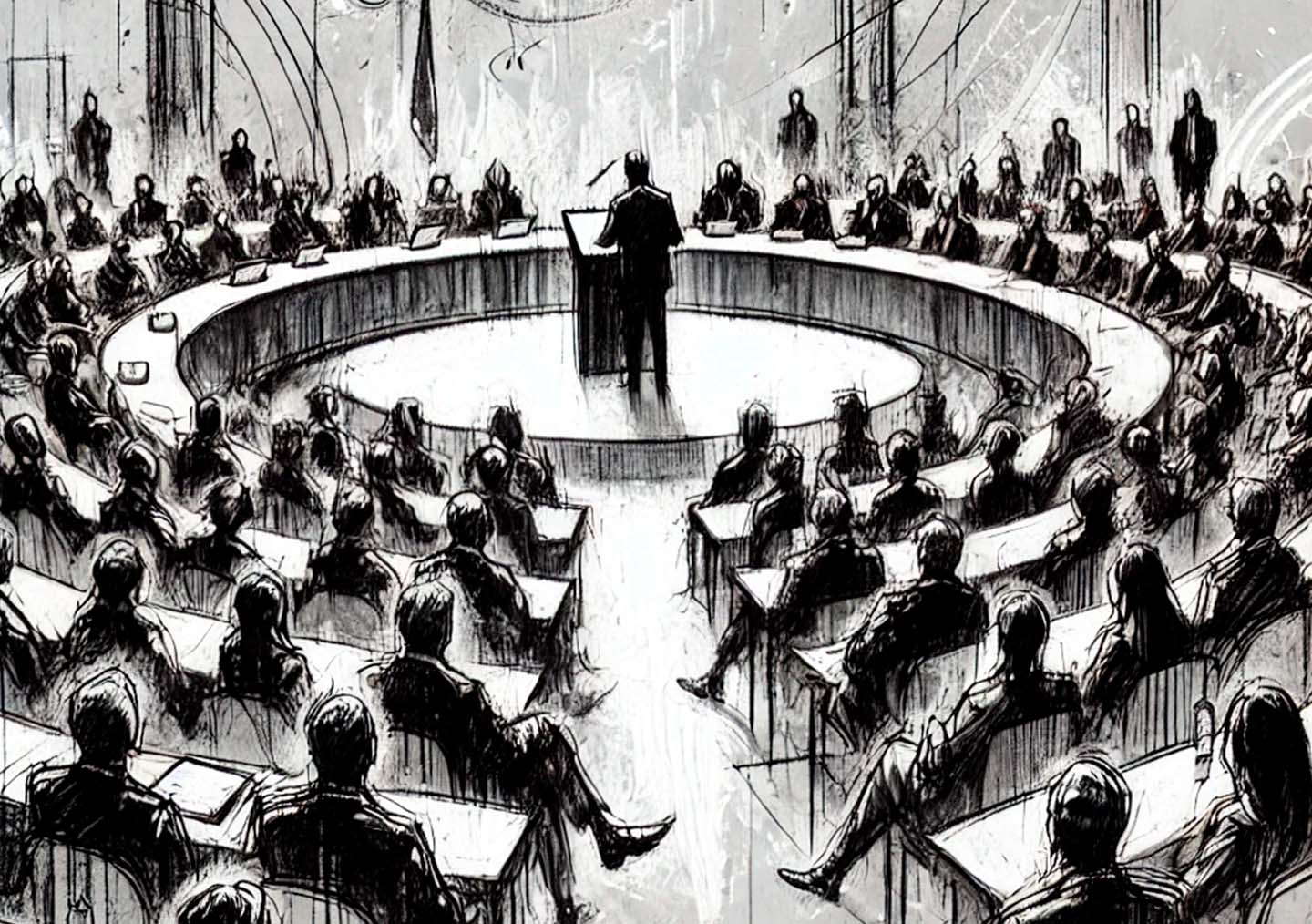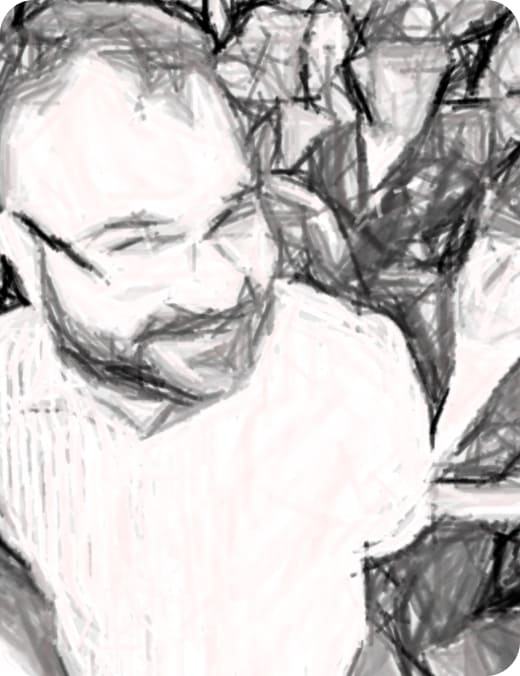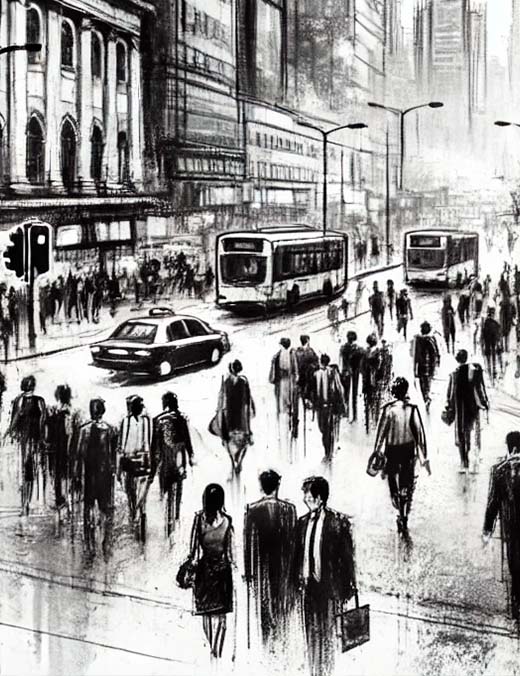INTER-AMERICAN COMMISSION ON HUMAN RIGHTS

In July 2020, after depleting all national judicial instances, TOJIL filed an initial petition with the Inter-American Commission on Human Rights (IACHR). Essentially, we argued that the Mexican State violated our conventional rights to be heard, to freedom of association, to judicial protection, to participate in public affairs, and to defend human rights by denying us legal standing as victims of corruption-related crimes in Duarte’s criminal proceedings.
In December 2020, the Executive Secretary of the Inter-American Commission on Human Rights served us his decision not to admit our petition, considering that it was not feasible to determine human rights violations. Consequently, in January 2021, we filed a reconsideration request to IACHR for it to re-examine our petition.
After reanalyzing our petition, the Executive Secretary of the IACHR preliminary admitted it in October 2023. The IACHR also served the Mexican government and requested an official position within a maximum and non-extendable period of 4 months. The commission reiterated solicited the Mexican government’s official position but has yet to respond.
In February 2024, the IACHR invited petitioners and States Parties to participate in identifying pending cases that may contribute to developing inter-American public order or consolidating the extent and scope of human rights. Consequently, in March of the same year, we filed a request for prioritization, arguing that our case could consolidate the scope and content of various conventional rights in procurement and administration of justice in grand corruption cases.
Although waiting for the final admissibility report is still necessary, we earnestly celebrate the preliminary admission of our case. The Inter-American Human Rights organs must decide whether the Mexican authorities violated our human rights by denying our legal standing as victims of corruption-related crimes. If ruled favorably, this case may transform the Mexican and Latin American impunity scenario by empowering civil society and recognizing its essential role in the fight against corruption.
CONTENT

Victims of corruption

Background

Criminal complaint and legal standing

